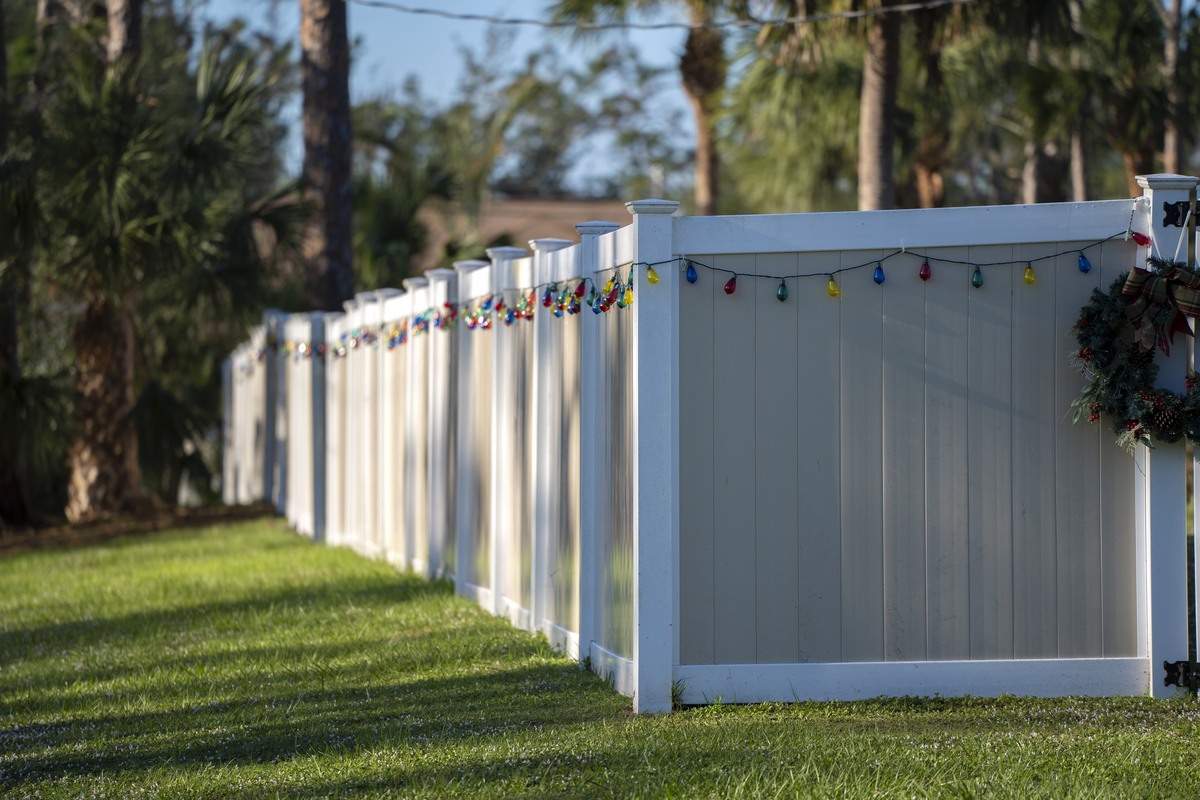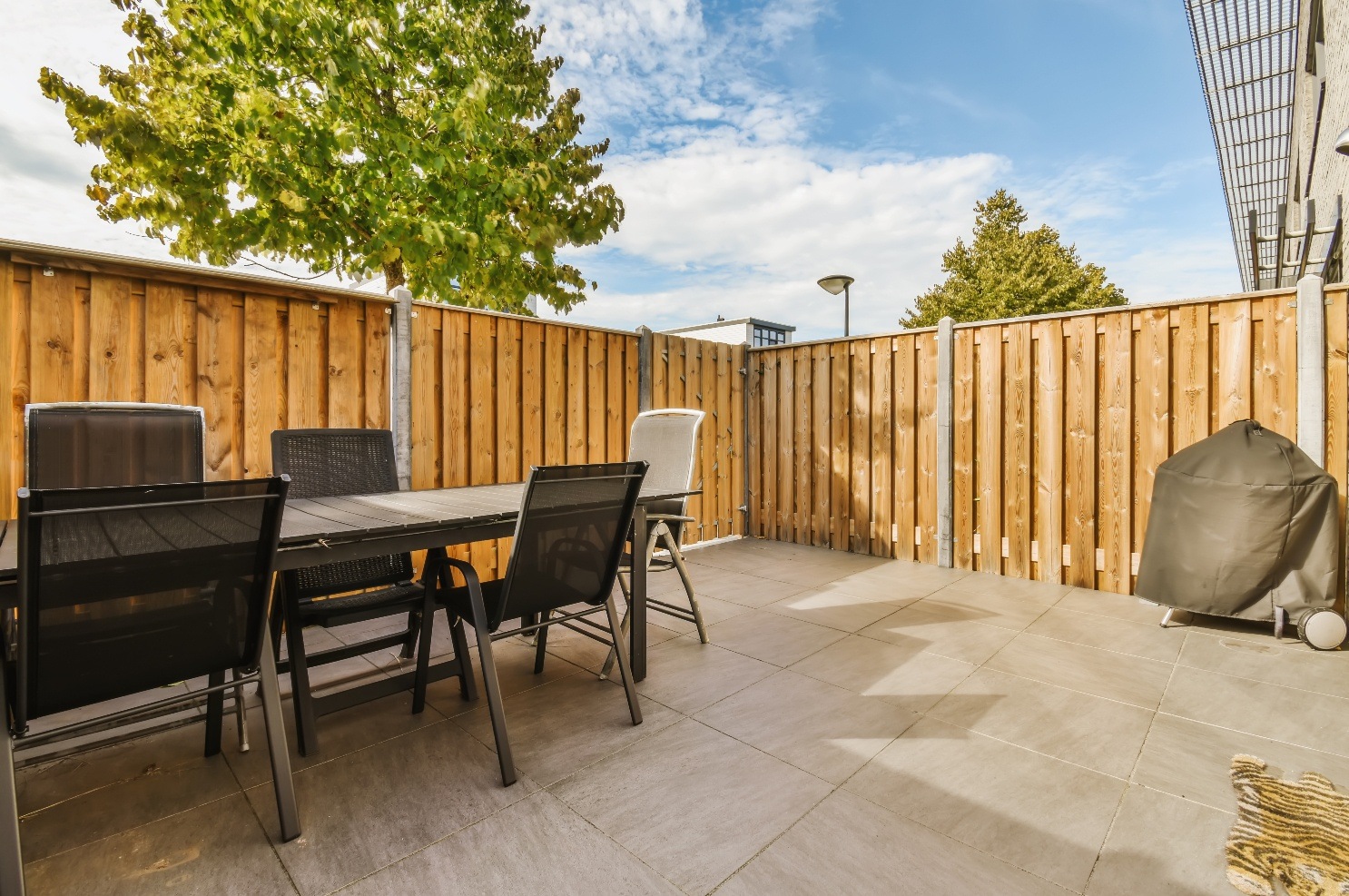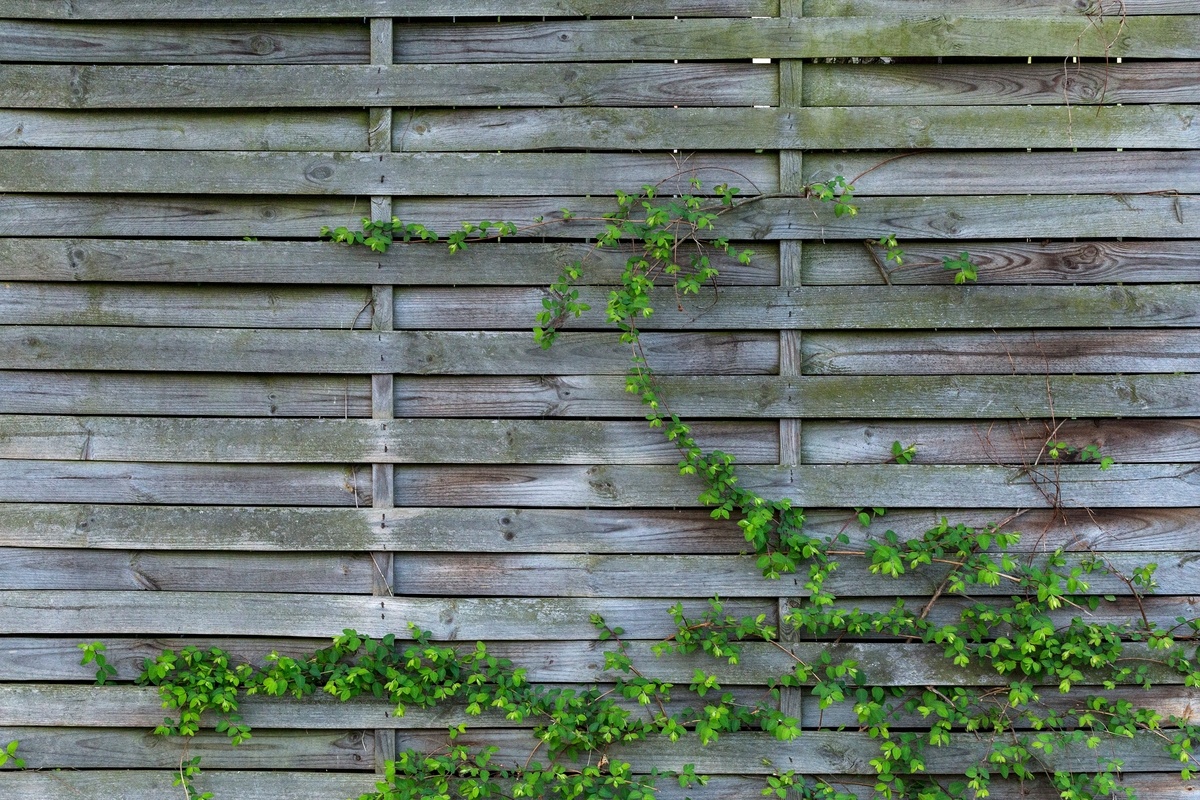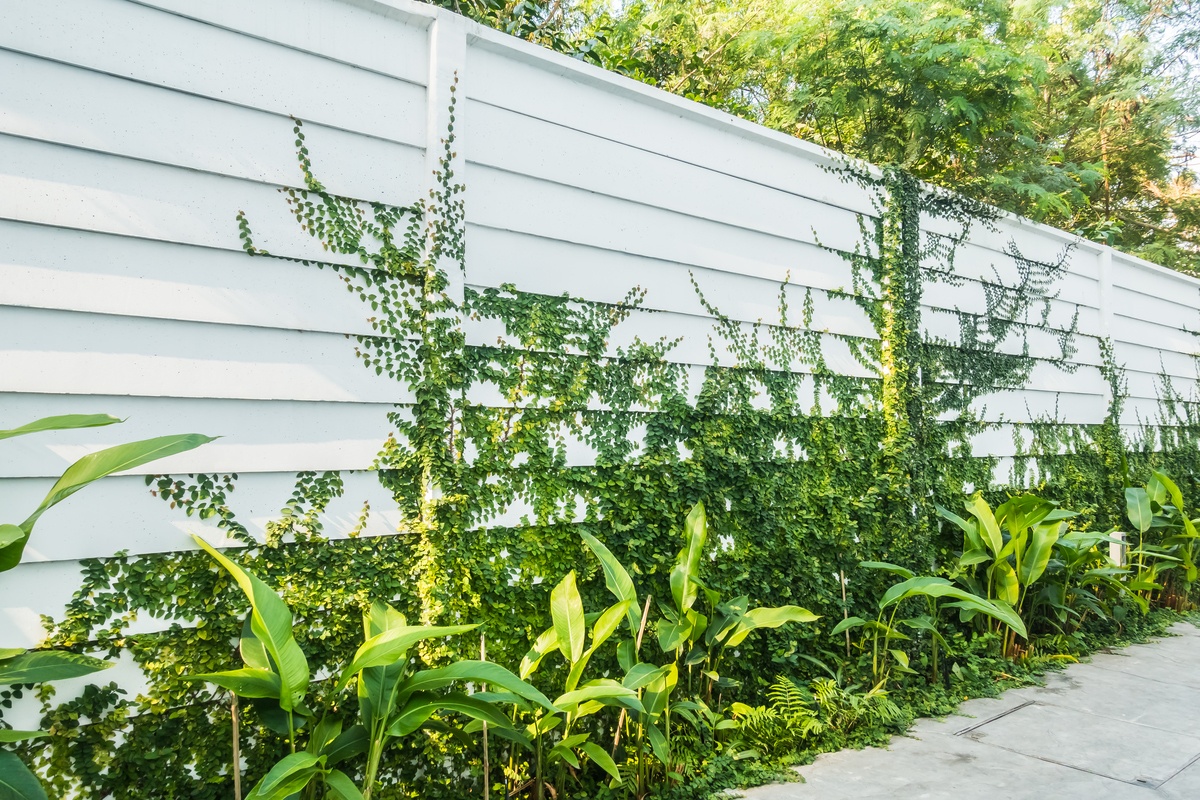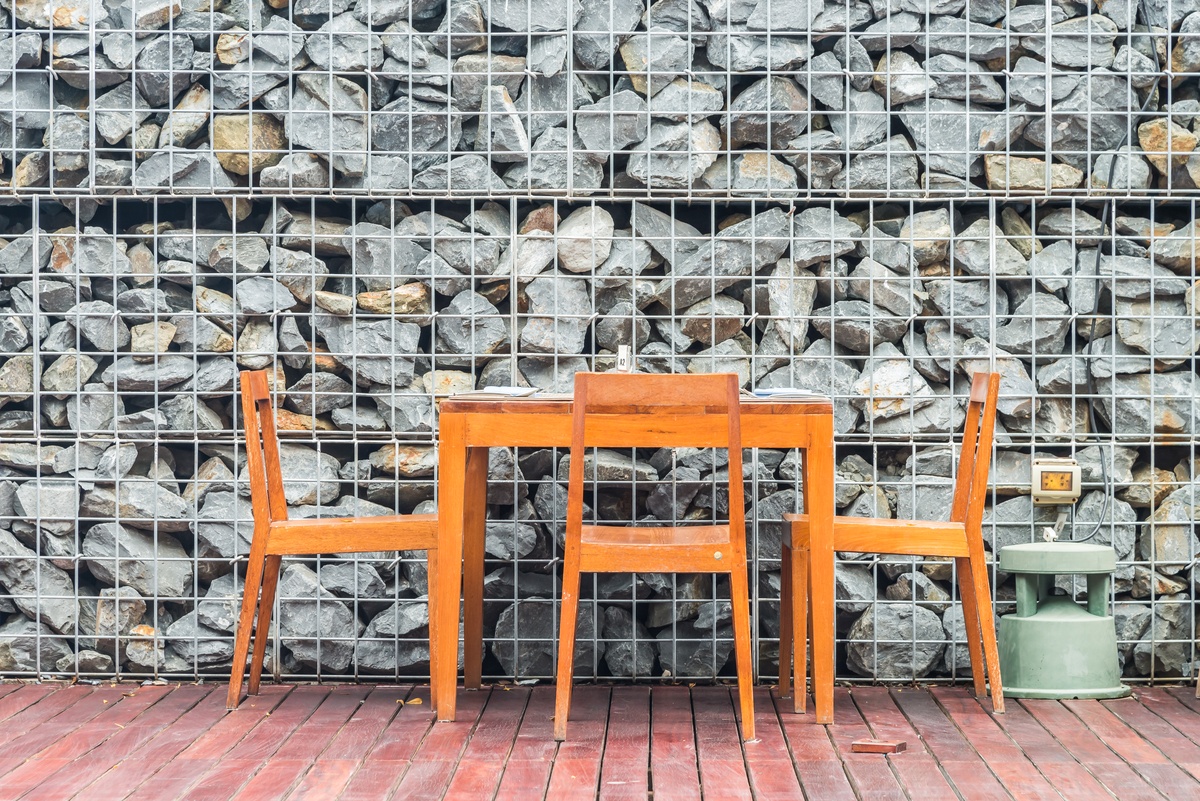Soundproofing a fence – effective noise insulation for a quieter outdoor environment
Soundproofing a fence is an effective solution for reducing disturbing noise from traffic, neighbors, or other sources of noise. Whether you want to create a more secluded and peaceful garden, reduce traffic noise, or improve the quality of life in your outdoor environment, the right sound insulation method can make a big difference.
A traditional fence made of wood, metal, or composite often acts as a sound-reflecting surface rather than a sound barrier. To truly block and absorb sound, the right choice of materials, construction, and placement is required.
How does soundproofing a fence work?
Sound travels through the air in waves, and when these waves hit hard surfaces, they are reflected back. To effectively soundproof a fence, materials and techniques that both absorb and block sound waves are required.
The most effective sound-absorbing fences combine the following features:
Tight construction
A fence without gaps or openings prevents sound from seeping through.
Sound-absorbing materials
Acoustic panels, rubber, or composite materials help reduce sound reflections.
Sufficient height
A taller fence blocks more sound, especially from roads and neighboring properties.
Strategic placement
Placing sound barriers close to the source of noise maximizes their effectiveness.
By choosing the right materials and design, you can create a more harmonious and quieter outdoor environment.
Materials and methods for soundproofing a fence
Sound-absorbing panels – effective sound insulation
Sound-absorbing panels are one of the most effective methods of preventing sound propagation. These can be mounted directly onto an existing fence and are often made from:
Nitrile rubber (NBR)
Durable, weather-resistant, and excellent for outdoor use.
Acoustic foam
Absorbs high frequencies and reduces reflections.
Mineral wool or polyester fiber
Effective sound absorbers that capture sound waves.
By combining these sound-insulating materials with a dense construction, you can significantly reduce noise levels.
Mass loaded vinyl (MLV) – maximum sound blocking
MLV is a dense and heavy sound-insulating material that can be installed on the inside of the fence to block sound waves. It works by:
- Stopping sound transmission by creating a physical barrier.
- Reducing sound transmission by increasing the density of the fence.
- Preventing reflections by dampening sound energy.
Products such as SilentDirect MLV are specially designed to improve the sound insulation of outdoor fences.
Seal fences – reduce sound leakage
If your fence has gaps or spaces, sound can easily pass through. To create an effective sound barrier, the fence should be:
- Constructed of solid wood, composite, or concrete to block sound waves.
- Without gaps or cracks to prevent sound from seeping through.
- Fitted with extra sound-insulating filling, such as acoustic foam or mineral wool boards.
A dense construction is particularly important if the fence is located near busy roads or noisy neighbors.
High fence – stop sound waves from passing through
The height of a fence affects its soundproofing ability. The rule of thumb is that the higher the fence, the better the noise reduction.
The sound-absorbing effect increases significantly at a height of at least two meters.
The fence should break the sound line between the noise source and the area you want to protect.
- If a higher fence is not possible, dense shrubs and trees can act as an additional sound absorber.
The benefits of soundproofing a fence
Soundproofing a fence creates a more private, peaceful, and harmonious outdoor environment. Some of the main advantages include:
Reduced noise levels
The fence absorbs and blocks traffic noise, loud neighbors, and other disturbing sounds.
Increased privacy and seclusion
Creates a protected and private outdoor environment.
Improved quality of life and better sleep
Less noise reduces stress and improves everyday comfort.
Increased property value
A quieter plot is more attractive when selling.
Adaptability and aesthetic design – Soundproof fences are available in many materials and designs to suit different properties.
How to soundproof your fence in the best way
1. Choose dense, sound-insulating materials – Wood, concrete, or sound-absorbing panels work best.
2. Install sound-absorbing panels – Use products such as SilentDirect Polaric or MLV for maximum soundproofing.
3. Make sure the fence is tight – Seal any gaps and spaces to prevent sound leakage.
4. Build a taller fence – At least two meters high to break the sound barrier.
5. Add vegetation – Dense shrubs and hedges can further reduce noise.
By combining the right materials, height, and density, you can create an effective sound barrier that will make your garden a quiet and relaxing place.





